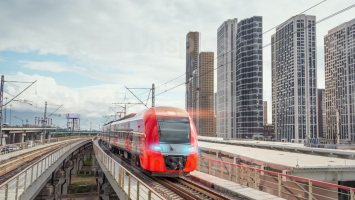Top 4 Reasons Why the New Space Race is More Insane than Ever
The new space race will become more intense, crowded, and dangerous the next time. In the previous decade, the number of active satellites has more than ... read more...doubled, and the race to space is just getting started. Below are some of the reasons why the new space race is more insane than ever!
-
In the last year, space research has advanced dramatically. The first tourist-focused trips were flown by Virgin Galactic, Blue Origin, and SpaceX. Meanwhile, NASA successfully landed its Mars rover, and the James Webb Space Telescope, the world's most powerful of its kind, launched into orbit only days before the new year. More money is being poured into space technology than ever before, with Morgan Stanley expecting a trillion-dollar market by 2030.
In 2019, the space-for-earth economy accounted for 95% of the projected $366 billion in income made in the space sector: that is, goods or services created in space for use on Earth. The space-for-earth economy encompasses telecommunications and internet infrastructure, earth observation capabilities, national security satellites, and more. This economy is thriving, and while research indicates that it faces the issues of overcrowding and monopolization that occur when companies fight for a rare natural resource, projections for its future are hopeful. Reduced prices for launch and space hardware in general have encouraged new competitors into this sector, and companies from a number of industries have already begun to use satellite technology and access to space to promote innovation and efficiency in their earthbound products.
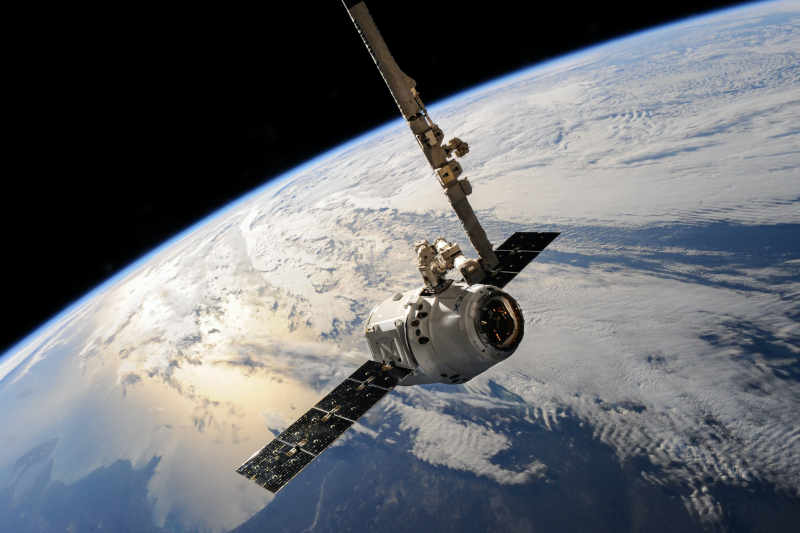
Photo by SpaceX on pixel.com 
Photo by cottonbro studio on pixel.com -
As early as the 1970s, a NASA-commissioned study predicted the rise of a space-based economy able of meeting the needs of hundreds of thousands, if not millions, of humans living in space, dwarfing the space-for-earth economy (and, eventually, the entire terrestrial economy as well). Now, however, there is reason to believe that people are nearing the beginnings of a true space-for-space economy.
The private sector is keen to put people in space to pursue their own personal interests instead of those of the state — and then to fulfill the demand they create. This is the vision that has driven SpaceX, which has completely upended the rocket launch industry in its first twenty years, securing 60% of the global commercial launch market and building ever-larger spacecraft designed to ferry passengers not only to the International Space Station (ISS) but also to its own promised settlement on Mars. SpaceX's recent successes (in collaboration with NASA), as well as upcoming efforts by Boeing, Blue Origin, and Virgin Galactic to put humans in space in a sustainable and scalable manner, signal the beginning of a new chapter in spaceflight led by private firms. These companies intend and are able to transport private citizens to space as passengers, tourists, and — eventually — settlers, paving the way for enterprises to begin satisfying the demand for space-for-space goods and services over the next few decades.
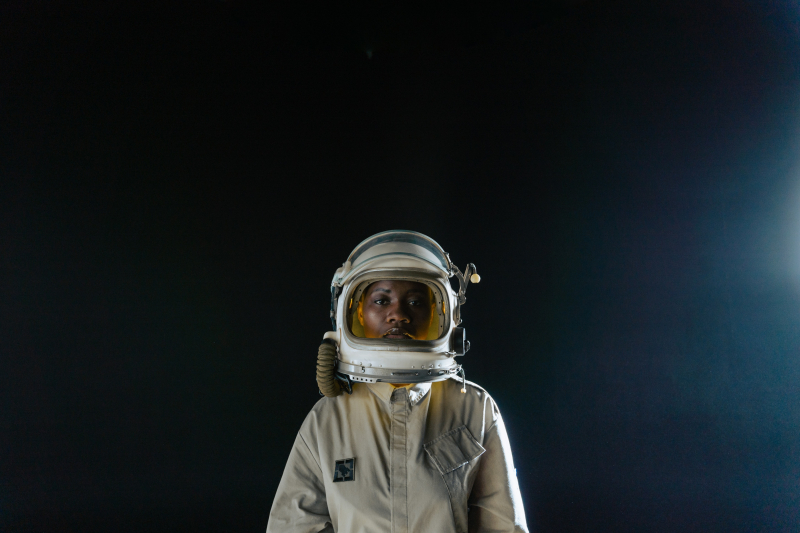
Photo by cottonbro studio on pixel.com 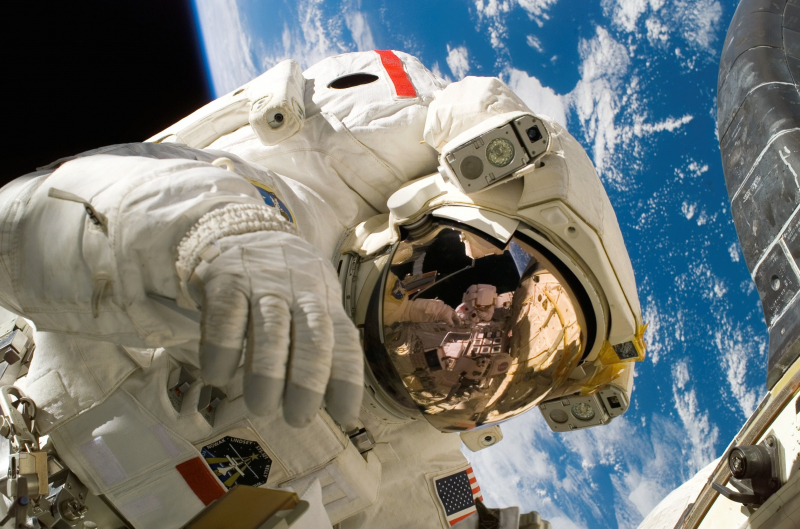
Photo by Pixabay on pixel.com -
Analysts, visionaries in technology, and even renowned astrophysicist Neil deGrasse Tyson anticipated that space mining will be a major business. Recently, it has been found that rare asteroids near Earth may contain precious metals worth $11.65 trillion. These priceless chunks could be targets for future space mining and offer clues about an even greater cosmic treasure.
In fact, the pricey nugget may contain more iron, nickel, and cobalt than the whole world's metal reserves. These rare, massive material deposits, known as metal-rich near-Earth asteroids, are over a mile wide. The one thought to be a metal motherlode is labeled 1986 DA, while the other is labeled 2016 ED85. The pair "may be possible targets for asteroid mining in the future", according to a new study published in The Planetary Science Journal. Experts think that space mining might provide cost-effective metals for a lunar or Mars-based colony, thereby expanding humanity's reach in space exploration. Building materials would not have to withstand the expensive shuttle from Earth to space if a cosmic mine was used.

Photo by Mikhail Nilov on pixel.com 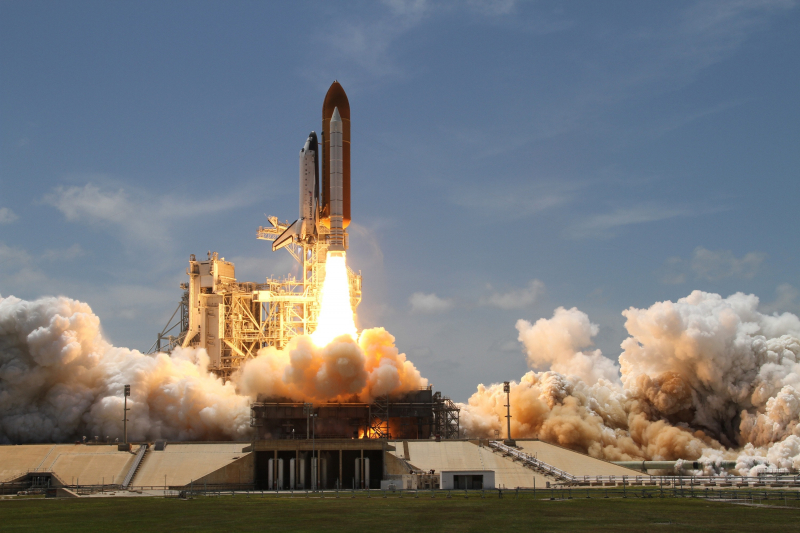
Photo by Pixabay on pixel.com -
In the previous few years, SpaceX has launched around 2,000 Starlink satellites. If Elon Musk's business, as well as Amazon, Boeing, China, and others, follow through on their ambitious ambitions to build constellations in low Earth orbit, over 30,000 new satellites might circle the planet in ten years. At a minimum, people can expect SpaceX and OneWeb to continue to launch hundreds more satellites during this year.
When it comes to space, there is always someone with a bigger vision. Flying around the Earth in space is one thing, but what about moving substantial portions of Earth's industries into space? These are not novel concepts. The concept of orbiting resorts, gardens, and even entire towns revolving around the planet with their own artificial gravity is a staple of science fiction. The somewhat different perspective that Amazon and Blue Origin founder Jeff Bezos would like to popularize is that people should move all polluting industries – and other more unseemly operations – into space, therefore conserving the ecosystem on Earth's surface.
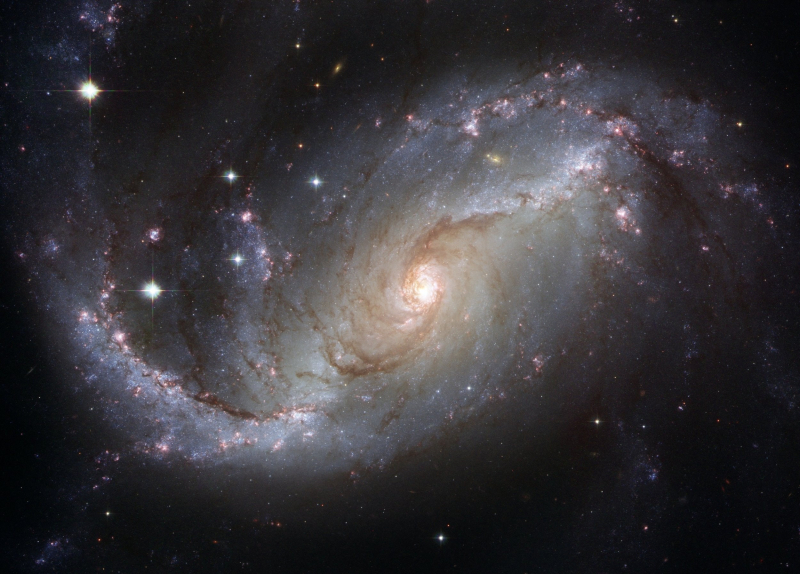
Photo by Pixabay on pixel.com 
Photo by Mikhail Nilov on pixel.com




















